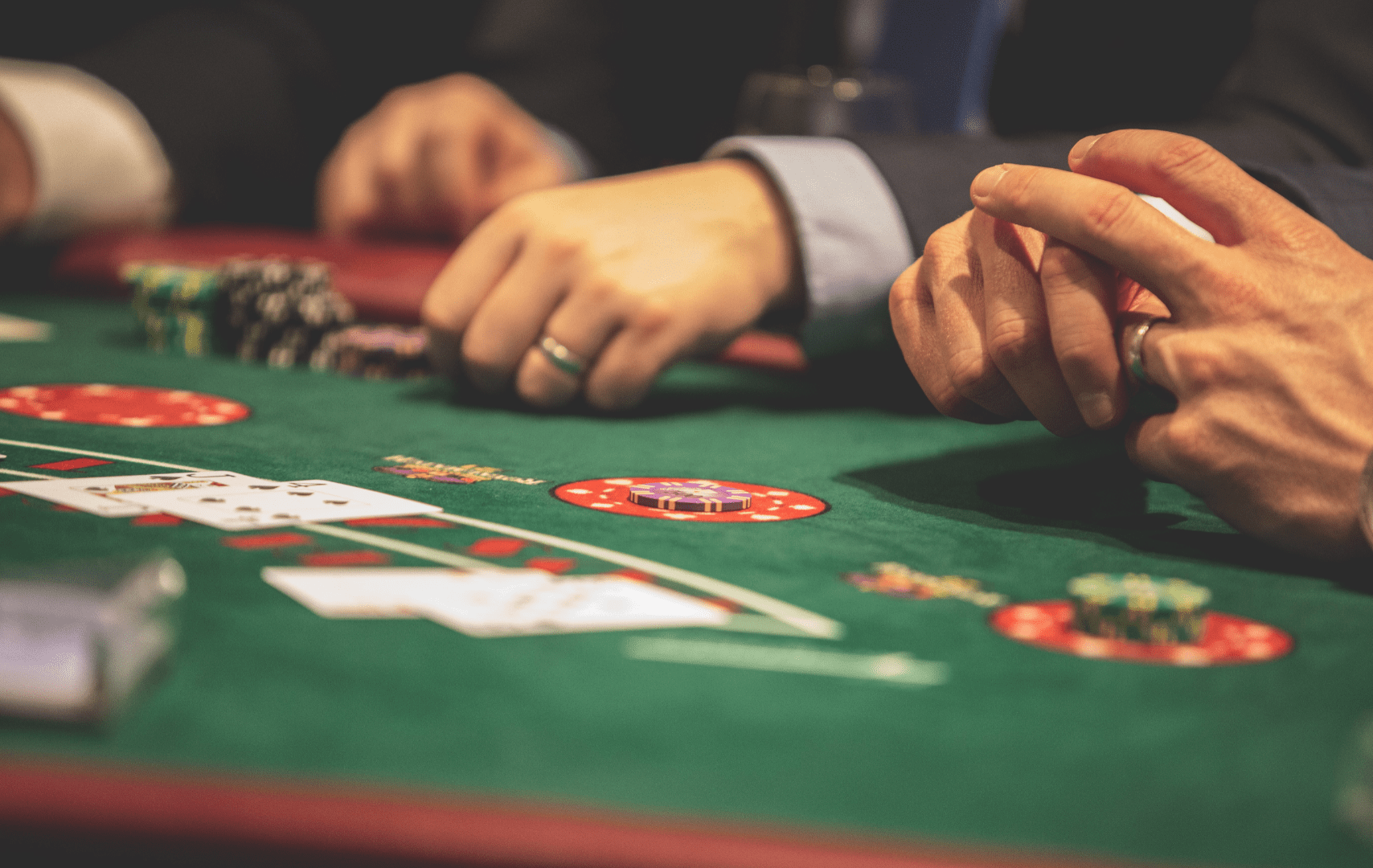Understanding Gambling Addiction and Luxury Treatment Options at Bridgepath Place

Gambling addiction, also known as compulsive gambling or pathological gambling, is a serious condition that can have devastating effects on individuals and their loved ones. If you or someone you care about is grappling with this challenge, it’s important to understand the warning signs, root causes, and effective treatment options. At Bridgepath Place, we provide a luxury rehab experience tailored to help individuals regain control over their lives and break free from the cycle of addiction.
What is Gambling Addiction?
Gambling addiction is characterised by an overwhelming urge to gamble, which often leads to personal, emotional, and financial turmoil. Those suffering from this disorder may find it impossible to stop gambling, even when it results in negative consequences for their relationships, work, and overall quality of life.
Recognising the Signs of Gambling Addiction
Identifying the signs of gambling addiction early on can greatly increase the chances of successful treatment. Here are some common warning signs:
- Constantly Thinking About Gambling: Preoccupation with gambling or obsessively planning the next gambling session.
- Chasing Losses: A tendency to gamble more in an attempt to recover lost money.
- Lying About Gambling: Concealing the extent of gambling activities from friends, family, or colleagues.
- Neglecting Responsibilities: Ignoring work, home, or academic obligations due to gambling habits.
- Withdrawal Symptoms: Feeling anxious or irritable when attempting to reduce or stop gambling.
Causes of Gambling Addiction
Gambling addiction can arise from a combination of genetic, psychological, and environmental factors:
- Genetic Predisposition: A family history of addiction may increase the likelihood of developing gambling problems.
- Psychological Factors: Mental health conditions such as depression, anxiety, or stress can contribute to compulsive gambling behaviours.
- Environmental Influences: Growing up in an environment where gambling is normalised or heavily encouraged can increase the risk.
Effective Treatment for Gambling Addiction at Bridgepath Place
At Bridgepath Place, we offer a range of highly effective treatments for gambling addiction. Our services are designed to support individuals in overcoming this disorder in a private, luxurious setting.
- Cognitive Behavioural Therapy (CBT) CBT helps clients identify and address the harmful thought patterns that drive compulsive gambling. This evidence-based treatment has proven highly effective in helping individuals regain control over their impulses.
- Support Groups Joining support groups such as Gamblers Anonymous provides a sense of community and connection, offering shared experiences and valuable insights into the recovery process.
- Professional Therapy At Bridgepath Place, we provide tailored therapy sessions led by highly qualified addiction specialists. Our therapists use proven strategies to help clients cope with their urges and address underlying issues.
- Luxury Rehabilitation Environment Our rehab centre offers a peaceful, serene environment designed to promote healing and recovery. Clients receive personalised care and attention in an exclusive setting that supports their journey to a healthier, addiction-free life.
How to Support Someone with Gambling Addiction
If you suspect a loved one may be struggling with gambling addiction, there are several steps you can take to help:
- Encourage Open Communication: Provide a safe and non-judgmental space for them to talk about their struggles.
- Educate Yourself: Understanding the complexities of gambling will enable you to offer more effective support.
- Suggest Professional Help: Gently encourage them to seek professional treatment, such as therapy or joining support groups.
The Importance of Relapse Prevention in Gambling Recovery
Recovery from gambling addiction is often a long-term process that requires continuous support. At Bridgepath Place, we prioritise relapse prevention by:
- Developing Coping Strategies: Clients learn how to manage triggers and cravings.
- Setting Financial Boundaries: Creating strategies to control spending and prevent financial damage.
- Ongoing Support Group Participation: Continued involvement in support groups reinforces positive behaviours and strengthens the recovery process.
